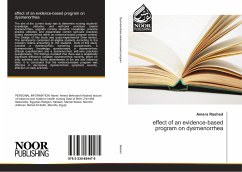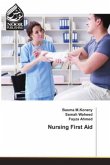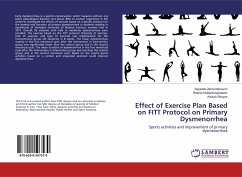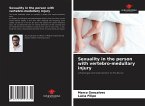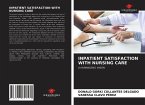The aim of the current study was to determine nursing students' knowledge, attitudes, and self-care practices toward dysmenorrhea, upgrade nursing students' knowledge, promote positive attitudes and disseminate correct self-care practices toward dysmenorrhea within an evidence-based program context. The Design of this study was quasi-experimental (time series). The participants comprised all eligible students according to the inclusion criteria amounting to 193 students. Tools of this study included a dysmenorrheic screening questionnaire, a dysmenorrheic knowledge questionnaire, a dysmenorrheic attitude questionnaire and a dysmenorrheic self-care practices questionnaire. The findings revealed that there was a statistically significant difference between dysmenorrheic severity, effect on daily activities and faculty absenteeism at the pre and follow-up tests. It is concluded that the evidence-based program was effective in decreasing dysmenorrheic symptoms severity, affection on daily activities.
Bitte wählen Sie Ihr Anliegen aus.
Rechnungen
Retourenschein anfordern
Bestellstatus
Storno

